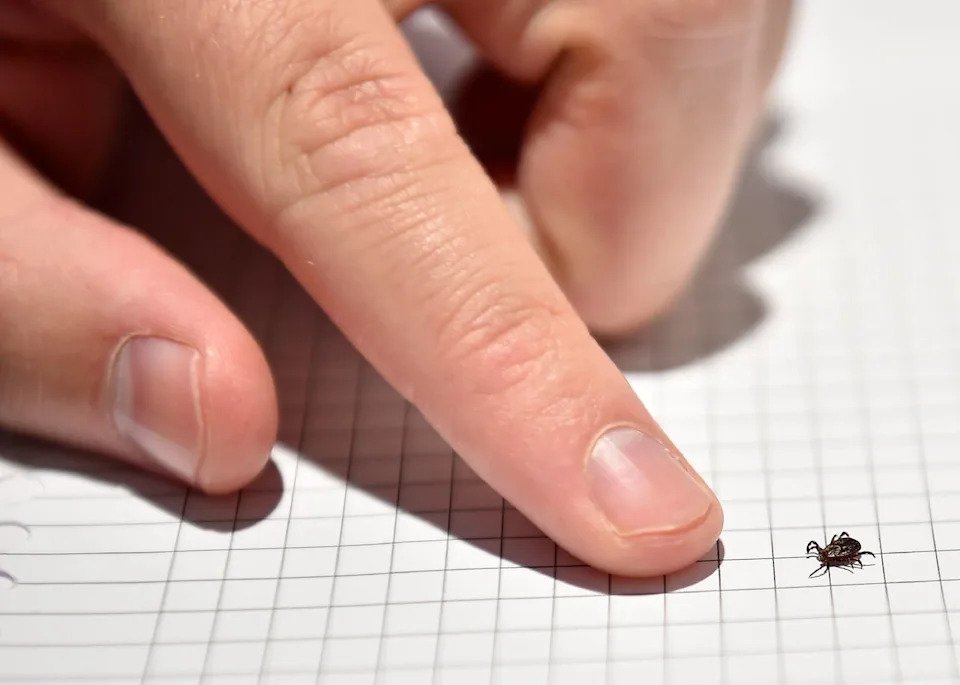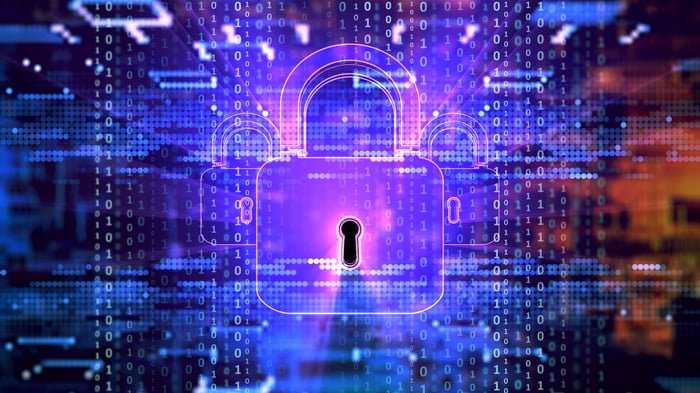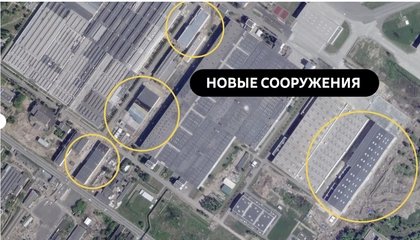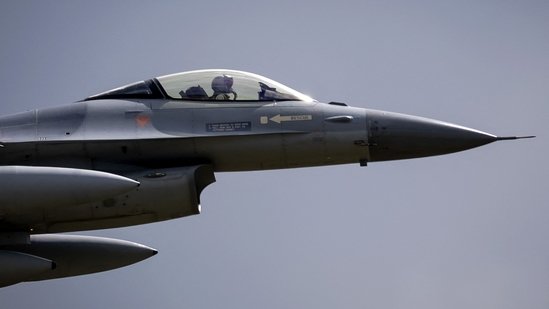Have you ever traveled to or dreamed of visiting the birthplace of grunge, Seattle, the archipelagic Orcas Island, or volcanic Castle Rock, Washington, popped into a pub for a cocktail and said (in dreams or reality), “Blimey, this drink is expensive?” The Evergreen State has some of the country’s lushest scenery, as well as the highest spirit excise tax in the U.S. To complicate matters, there are two taxes applied to alcohol sales: a spirits sales tax and a spirits liter tax.
Spirits, commonly known as alcohol or hard liquor, are controlled and regulated by the Washington State Liquor and Cannabis Board, although most of the liquor tax revenue goes to the Washington State Department of Revenue. These agencies dish out a double shot — of taxes. The first tax blow is the spirits sales tax (SST). The SST is based on the selling price of hard liquor to individuals in the original package and sits at 20.5%. But don’t throw in the towel if you’re considering opening a bar or restaurant in Washington State straight away. The rate paid by on-premises retailers such as restaurants and bars on purchases from distributors and distillers is 13.7%. The second tax hit is a volume-based spirit liter tax (SLT), which charges $3.77 per liter to individuals and 2.44% to retailers.
Neighboring Oregon’s excise tax, the country’s second highest, is $22.85 per gallon compared to Washington’s $36.55 per gallon. Virginia, Alabama, and North Carolina follow Washington and Oregon as the nation’s highest liquor-taxed states, while Wyoming and New Hampshire maintain the lowest liquor taxes. A bottle of Tito’s Vodka in Wyoming would, at Wyoming Discount Liquor’s online price of $17.95 for 750 milliliters, accrue a tax of $0.95 per gallon, and totals out at $18.14. In Washington State, this same bottle would retail for $24.46.
Read more: The 15 Best Value Vodka Brands, According To Experts
Convenience At A Cost

Multiple shots being poured – Reds/Getty Images
Before 2012, alcohol was monopolized by the state. This meant that, legally, all alcohol could solely be purchased at liquor stores, bars, and certain restaurants in Washington State. On June 1, 2012, the state passed legislation allowing for sales of spirits in stores encompassing a minimum of 10,000 square feet under Initiative I-1183. This privatization led to liquor retailers nearly quintupling, according to a 2020 study published in Addiction. Alcohol (almost) everywhere! However, this shift in policy also implemented the SST and SLT. Convenience has its toll.
Many more places to buy cordials, many more things to consider. The availability came with a hefty price tag in the form of taxes. In order to recoup revenue lost by privatizing the sale of spirits, Washington State enacted the SST and SLT, which some critics called a scheme! According to Accounting Insights, the tax revenue garnered is dispersed to several state and local government functions including education, public safety, and social services.
Liquor Calc offers a free service to estimate the difference between the price tag on a bottle of liquor in Washington State versus the actual amount one will owe upon exiting their local grocery chain. The cost of alcohol is as mysterious as a hangover. For example, whiskey is reported to be the most expensive in Alaska, while in Washington State, the prices sneak up on the consumer via taxes. Washington residents are aware that the price tag does not equate to their total sum owed upon checkout and have gotten creative when it comes to their spirit purchasing.
How To Minimize The Tax Blows

Cocktails being toasted amongst a group of people – DavideAngelini/Shutterstock
Residents of Washington State voted for the laws currently impacting the sales of alcohol, so inhabitants are accustomed to the reality that their beverages of lust and leisure come with an added, non-advertised tax. Many residents outsource their libations from cornering states, such as Oregon and California. Although the aforementioned states require their own government-mandated taxes, they are lesser taxes than those imposed in Washington State. Alcohol is also taxed at a lower rate for bars and restaurants to distribute than for the average Joe buying a liter from the supermarket.
As a result, frugal consumers may opt to “drink out” rather than at home. Whereas the cost of Tito’s Vodka at Total Wine in Washington State averages $22.99 ($30.53 after taxes), the cost of a vodka soda at a bar can range from $5 to $12. Washington bars and restaurants include the two spirit taxes into the listed price of the beverage — more straightforward than the way they list prices at the grocery store. When it comes to Washington State, you must choose your ambiance carefully.
The Pacific Northwest beacon can be spectated and enjoyed from many a cocktail offering destination — be it your mate’s house, a dive bar, or a rooftop venture. Since taxes on beer and wine are significantly lower than taxes on spirits in Washington, you could try out one of the 15 best wine bars in Seattle for a more cost-effective sip. Or, skip the liquor taxes completely and opt for a java experience, such as by dining inside a massive coffee pot at this Washington State restaurant and bar. Despite the varying prices, Washington State offers a lofty selection of libations.
Read the original article on Tasting Table.







